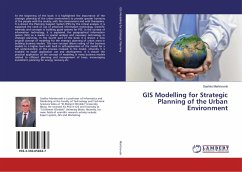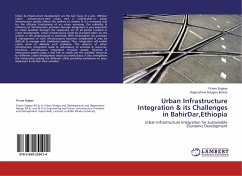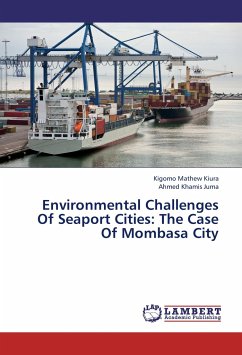For a century, this continent is not a world leader in the view social wealth, political power and technological superiority, so EU development policies are based on the idea of building society knowledge, as the basis on which the EU should again become the most competitive economy in the world. The new economic geography has confirmed the idea that increased yields lead to an increase in agglomerations and the growth of rich regions and their divergence towards the poor regions. Common to all these contributions is the distance from national states as the main actors of development and focus on local and regional actors, as possible carriers of development processes. Economic polarization is noticeable on rich (centre, north, west) and poor regions (east and south), in which also has a lower degree of innovation. Innovation generates and maintains the competitiveness of the country, increases the opportunities of its economy to innovate and promote economic growth. Access to innovations involves the conquest and implementation of new technologies and new products and is closely related to the improvement of skills, competencies and knowledge.
Bitte wählen Sie Ihr Anliegen aus.
Rechnungen
Retourenschein anfordern
Bestellstatus
Storno








